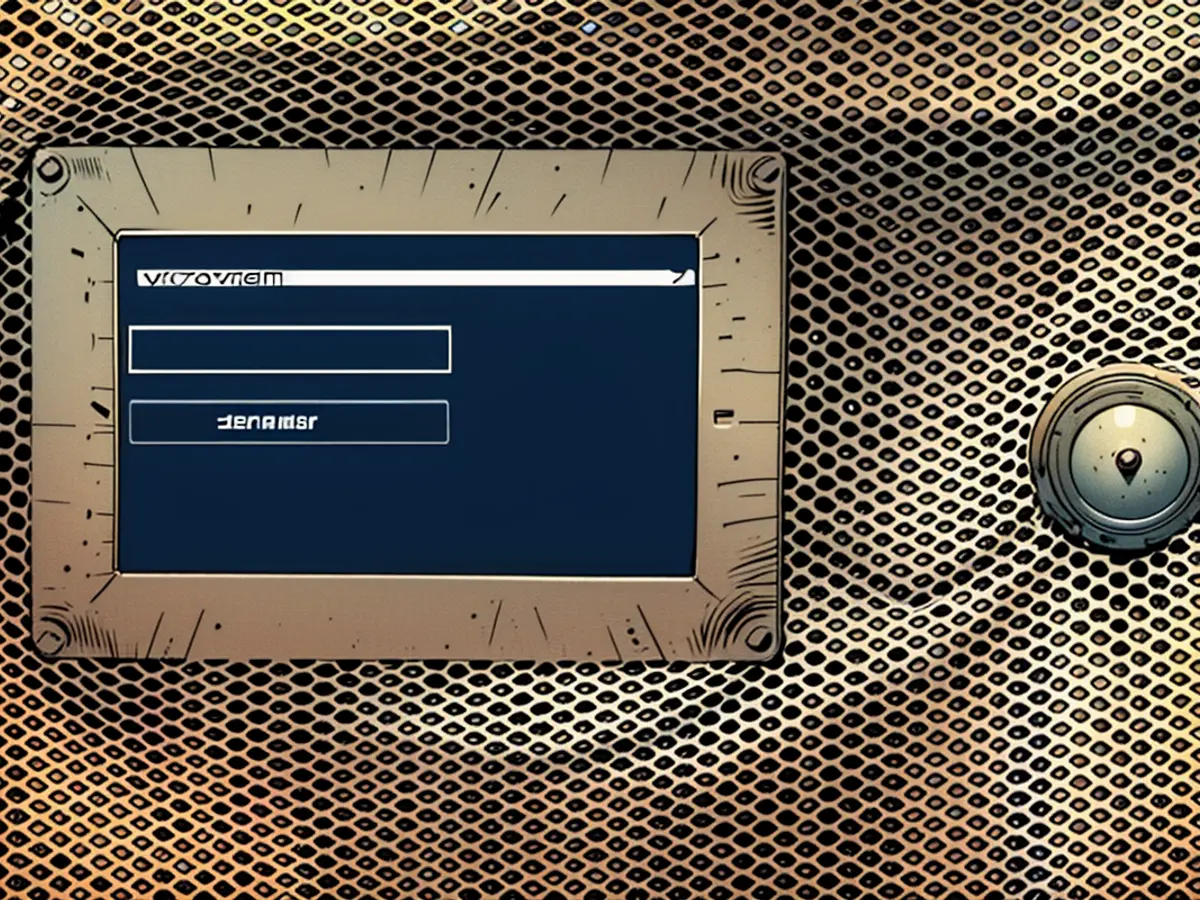Switzerland opposes the use of death capsule
For over a decade, an Australian activist has developed the Sarco death capsule. In it, people can supposedly end their lives with nitrogen. In Switzerland, his organization is advocating for its imminent use. However, the opposite could occur.
In Switzerland, a new portable suicide capsule could be used for the first time this year. This is reported by Swiss media, citing the organization "The Last Resort" (The Last Resort), which advocates for euthanasia. The group announced in Zurich mid-week that there are no legal obstacles in Switzerland for the use of the Sarco device, which was developed by the Australian euthanasia activist and doctor Philip Nitschke. In Switzerland, euthanasia is legally permitted if the person performs the act themselves.
Nitschke first presented the Sarco capsule in 2019. The device itself is made using a 3D printer. "The capsule is mounted on a device that floods the interior with nitrogen," Nitschke explained in an interview with Swiss-Info at the time. He was criticized for promoting suicide as romantic because the capsule can supposedly be transported to any location in the world and used "in an idyllic setting in nature or on the grounds of a euthanasia organization."
The Sarco capsule works by filling the device with nitrogen. According to the company, the oxygen content inside the Sarco drops from 21% to 0.05% in less than 30 seconds. The person inside dies from hypoxia, or a low oxygen level in the body tissue. After just two breaths, one becomes unconscious due to disorientation or euphoria, and death is supposed to occur within five minutes. Sarco monitors the oxygen level in the capsule, the person's heart rate, and their blood oxygen saturation. "We will be able to tell relatively quickly when the person has died," Nitschke said. The death process is filmed, and the recordings are later handed over to the coroner.
Controversial Method
The same method was used for the first time this year in the execution of a death row inmate in the United States and sparked international criticism. Kenneth Smith, who was sentenced to death for murder, was declared dead 29 minutes after the execution began. The United Nations and the UN condemned this method as particularly "cruel," comparing it to torture.
At the press conference, Florian Willett, co-president of "The Last Resort," objected to the comparison of the death processes. Regarding Smith's death struggle, he said, "Have you ever witnessed a peaceful execution in the US?" In executions, persons are killed against their will who resist. This cannot be compared. Nitschke, who was also present, is convinced that there will not be such a long death process in the suicide capsule. "If you want to die in the suicide capsule, it will 'perfectly' work," he said.
The developer placed great emphasis on the terminally ill person controlling the process themselves. Prior to using the Sarco capsule, people must therefore undergo a psychiatric examination to confirm their cognitive ability. According to reports, the person in the capsule answers automated questions to confirm their identity, location, and understanding of the result of pressing the button that initiates the process. The device can be activated by button press, gestures, or speech recognition. For people who cannot communicate verbally due to severe illnesses or mobility restrictions, the procedures can be activated through eye movements.
On the website of Nitschke's company "Exit International," which sells the suicide capsules and is in no way connected to the Swiss euthanasia organization Exit, it is stated that the third model of Sarco will be used in Switzerland. It has been tested in the Netherlands but not on people or animals. The details of the tests were not disclosed. In the past twelve years, over 650,000 Euros have been invested in the research and development of the capsule. The current Sarco can accommodate a person with a maximum height of 1.73 meters. In the future, there will also be double capsules, allowing couples to end their lives together.
The production of the capsule is estimated to cost approximately 15,000 Euros, while usage is priced at only 18 Swiss Francs, approximately 18.60 Euros. Membership in "The Last Resort" is not mandatory. According to Willett, interest in the suicide capsule is significant, with individual inquiries already received.
Regulatory responses
In Europe, active euthanasia or assisted suicide is only legal in a few countries, including Switzerland. In Germany, the Federal Constitutional Court ruled in a landmark decision in 2020 that the right to self-determined death is recognized. Assisted suicide is thus legal, but a law with binding provisions for the protection of the dying and the assistants has not yet been enacted. Two bills on this matter did not receive the required majority in July 2023.
Whether the suicide capsule will come into widespread use quickly is still entirely unclear. There are still objections that have not been addressed. Nitschke was forced to admit that once the button is pressed, there is no turning back. "If you've pressed the button, there's no going back," Nitschke admitted.
Critics argue that there is no medical supervision. "We want to de-medicalize euthanasia because, with a Sarco, the presence of a doctor in the vicinity is not required," Fiona Stewart stated at the press conference. The lawyer is Nitschke's partner and a member of the advisory board of "The Last Resort." Nitschke himself lost his medical license in Australia due to his support for euthanasia. The fact that the dying persons in the capsule cannot have physical contact with their loved ones in their final moments is also criticized. There are also concerns that the machine could potentially coerce people into suicide who might not have considered it otherwise.
The technically flawless operation of the machine is also questioned. An MIT review concluded that, in the event of a device malfunction, it would not be possible to render the user unconscious. This could potentially lead to a painful death.
Additionally, the situation that the use of the death capsule in Switzerland is legal is no longer clear-cut. The Canton of Schaffhausen threatened with "serious legal consequences" if the death capsule is used there. The health authority of the Canton of Valais decided with immediate effect to prohibit its use indefinitely. The deputy cantonal doctor Cédric Dessimoz justified this in the newspaper "20 Minutes" with a violation of the Medicinal Products Act. "Since the gas used in the Sarco is considered a special medication, it should have been approved by Swissmedic or the cantonal authority."
Moreover, other death aid organizations in Switzerland are also vehemently against the death capsule. Patients there are euthanized with the medication Natrium-Pentobarbital, which has been prescribed by a doctor and dissolved in water to be drunk or administered intravenously.
In response to the Swiss health authority's ban, Nitschke's organization in Australia is considering legal action against the Canton of Valais. International support for the Sarco capsule has grown, with organizations in Australia expressing interest in promoting its use in their country. Despite the legal challenges, Nitschke remains optimistic about the future of death assistance devices, stating that "the tide is turning towards greater acceptance of euthanasia and assisted suicide as legitimate end-of-life options."







